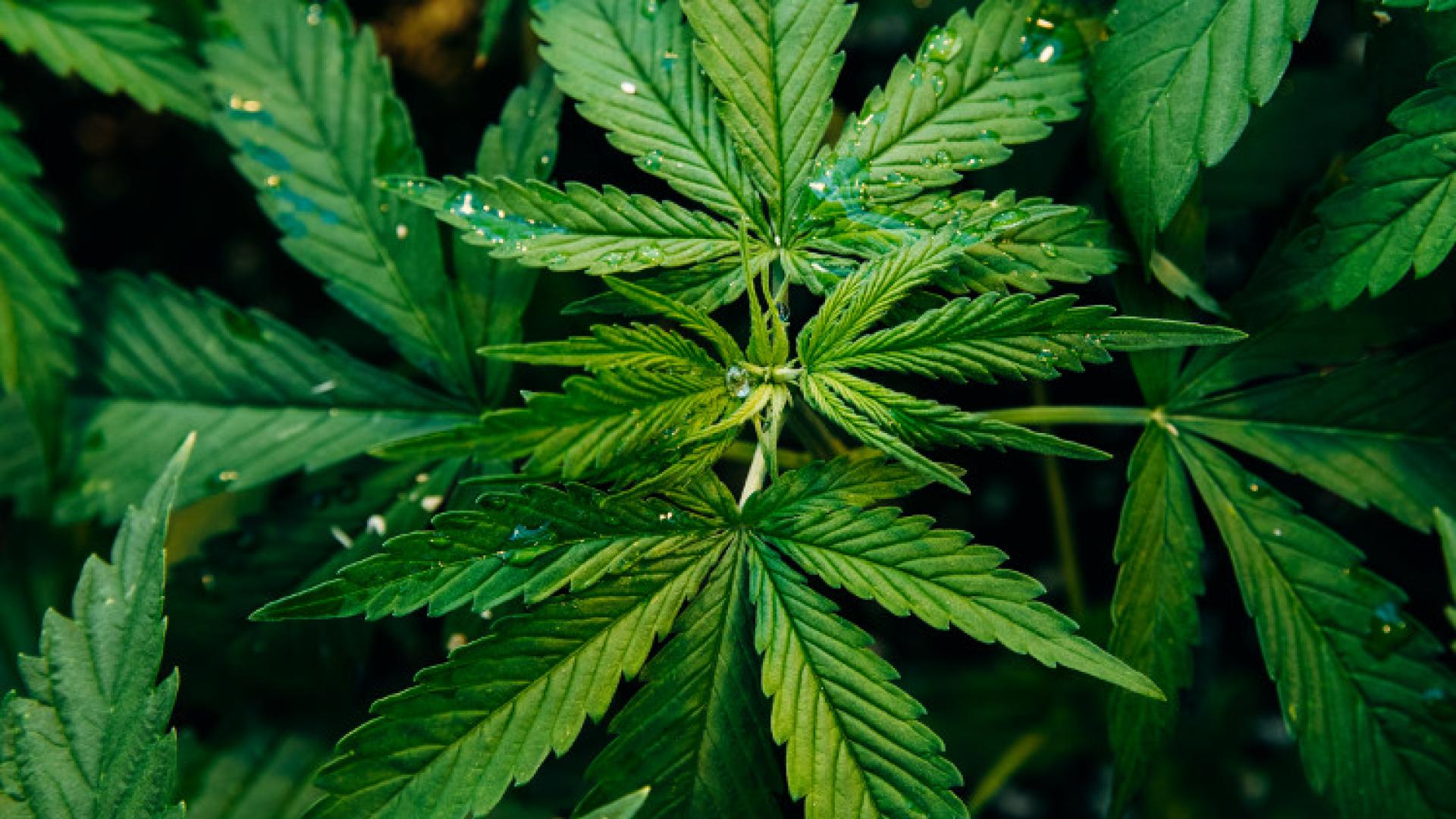What is the focus of your research at Cornell AgriTech?
I am working on understanding the molecular genetics of important traits in hemp. The ultimate goal of my research is to develop molecular markers and genetics tools that will allow improvements in hemp breeding. In particular, there are several traits, such as cannabinoid type, plant sex, photoperiod independence and grain protein characteristics that are only expressed by mature plants but likely have simple genetic control. With molecular markers, these could be tested in young plants, leading to improved breeding practices and faster genetic gain.
What’s the most exciting discovery from your research on the Geneva campus?
When hemp first started to be cultivated in the U.S., there was a lot of lore about how tetrahydrocannabinol (THC) levels could spike in a plant, causing it to be non-compliant with state regulations. People were blaming [THC levels] on all sorts of agronomic factors, such as drought stress, water stress, too much fertilizer, not enough fertilizer, and so on. What I found using molecular markers that I developed was that plants that had very high THC levels were genetically distinct from the plants that did not, having genes that made THC (THC synthase). Surprisingly, most cultivar populations that we tested (that were being grown for CBD production) were segregating for these genes. So the spike was due to genetic factors from incomplete control during breeding or propagation, rather than some agronomic factor.
What do you hope the impact of your research will be on consumers, growers and markets?
I hope that my work will positively impact breeding by generating information and genetic markers that will allow facile selection. For instance, devising a simple test for THC synthase can enable breeders to eliminate high-THC lines when trying to develop hemp cultivars without expensive chemical testing. The development of better breeding practices will eliminate those THC spikes, ensuring that growers are more likely to have a compliant product. Overall, hemp has great potential for grain, fiber and pharmaceutical production, and understanding the genetic base of important traits will allow development of better cultivars. Having the Cornell name behind our hemp research will help normalize it as a crop and lead to greater consumer acceptance and development of new markets.
How do hope your experiences at Cornell AgriTech will shape your future career path?
Cornell AgriTech has a tightknit interdisciplinary community of researchers working on groundbreaking, cutting-edge science. The skills and relationships developed will be critical for advancing my field of plant breeding. The world-class faculty offer a range of expertise and ideologies, and the students go on to do great things. I believe there will be a strong market for hemp breeders in the future, and the research done at Cornell AgriTech will undoubtedly provide critical information and tools for any aspiring breeder.






